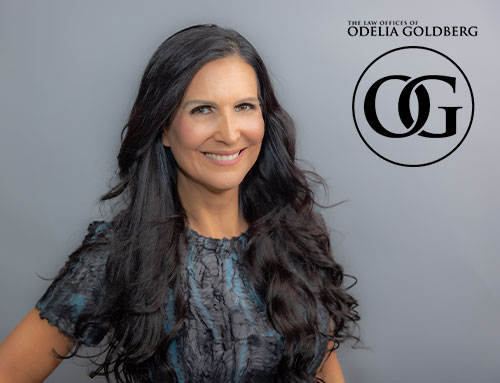While sitting at the Broward Center for the Performing Arts and enjoying the show, I couldn’t help but write this article in my head. Yes, I’m a nerd LOL
Hamilton was renowned in various aspects (Colonel in the Revolutionary War, General in the United States Army, Secretary of the Treasury, founder of The New York Post, etc.) but most notably for me is that he’s probably America’s first probate Court loser.
Alexander’s mother, Rachel Faucett, married her husband in 1745, the same year she inherited her father’s considerable estate. The couple had a tumultuous marriage where he accused her of infidelity, and she accused him of intimate partner violence and spending her inheritance. The couple had one child together before Rachel left her husband and met James Hamilton.
She had two children with James Hamilton, one of them, none other than Alexander Hamilton (considered born out of wedlock, back then). Since Rachel didn’t divorce her first husband, in a sign of the times, Alexander, the son of her lover, lost any inheritance rights he may have had when his mother passed.
In fact, the probate court had no sympathy for the impoverished Hamilton because he was not considered a legitimate son or heir. Rachel’s son with Mr. Levine would claim and win the estate for himself, leaving Hamilton and his brother with nothing.
So what can we learn from this tragic tale?
We learn that today’s Court cares not about the legitimacy. We’re all both legitimate and illegitimate in the Court’s eyes lol. To be clear, Florida law makes no distinction between “legitimate” or “illegitimate” children when it comes to inheritance rights. Any biological child of a deceased individual has the same right to inherit from the parent’s estate (if they died without leaving a valid will or trust). Of course, a parent is free to disinherit an adult child if they wish through a last will or trust.
I do want to clarify that a child’s inheritance rights presumes that paternity has been legally established. This is where things can get complicated, especially if a “long lost” child suddenly appears after the parent’s death and demands their share of the estate. Such claims may be untimely given Florida’s statute of limitations surrounding paternity actions.
In short, it’s always best to have a good estate plan in place where we identify the children. It’s one of the first things we do in a last will or trust. The plan specifies the children and doesn’t give much opportunity for others to step forward as legal heirs.
As to Hamilton, who knows what would have happened to our American history had he been recognized an heir of his mother’s estate….







The information on this website is for general information purposes only. Nothing on this site should be taken as legal advice for any individual case or situation.
This information is not intended to create, and receipt or viewing does not constitute, an attorney-client relationship.
© 2025 The Law Offices of Odelia Goldberg. All Rights Reserved. Privacy Policy. Web Development by IWD Marketing